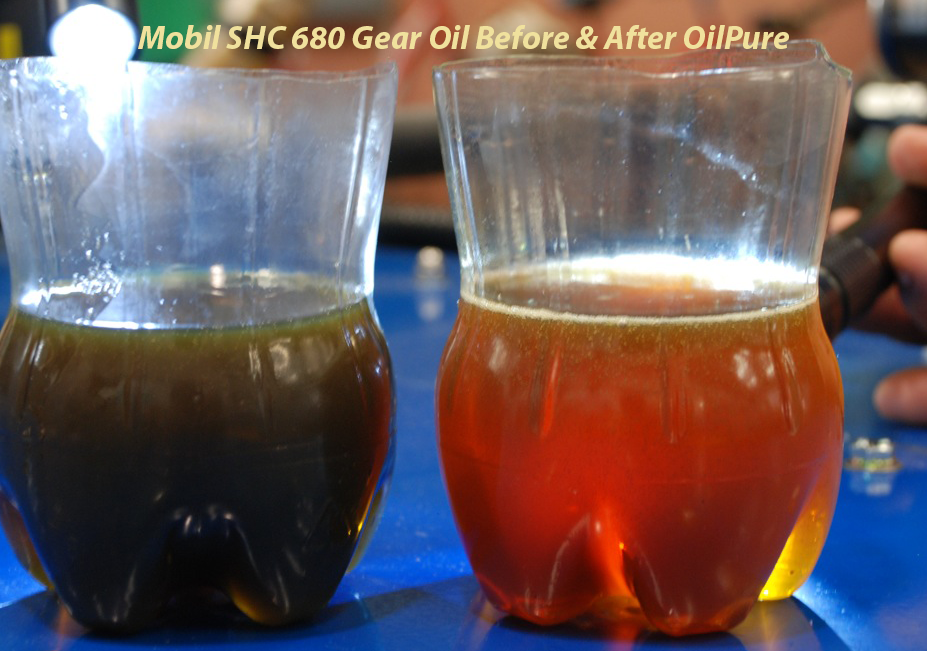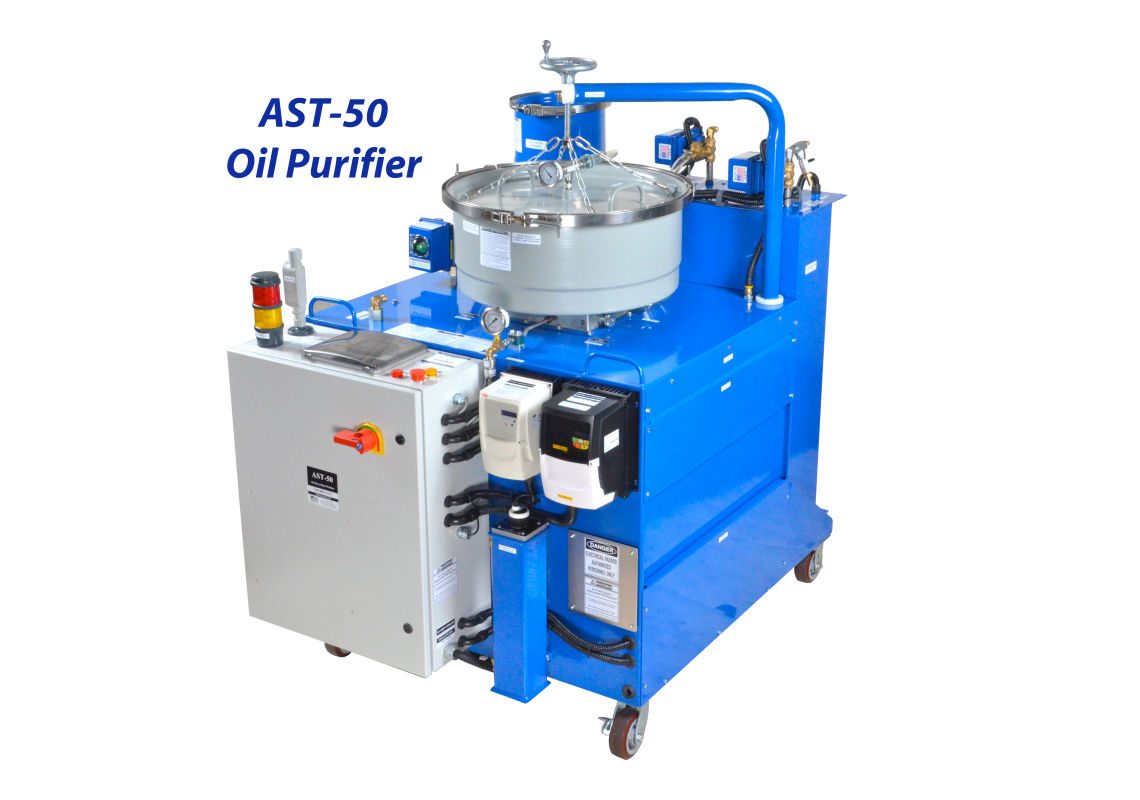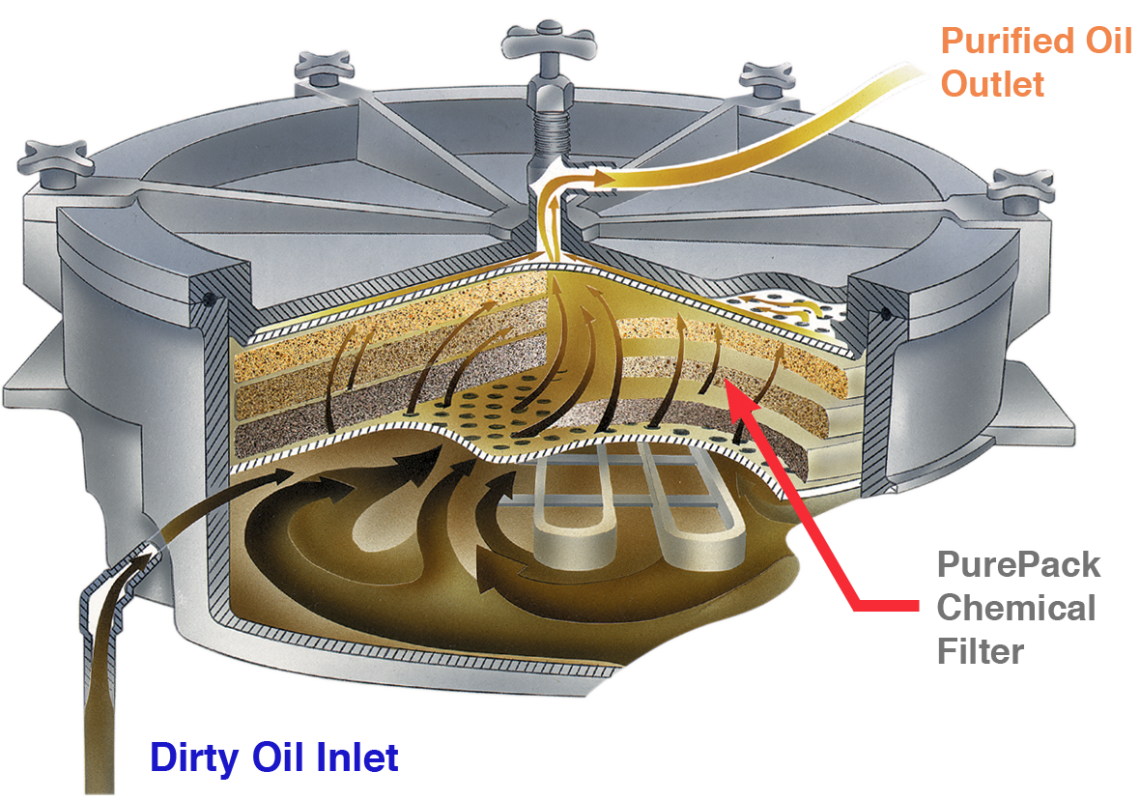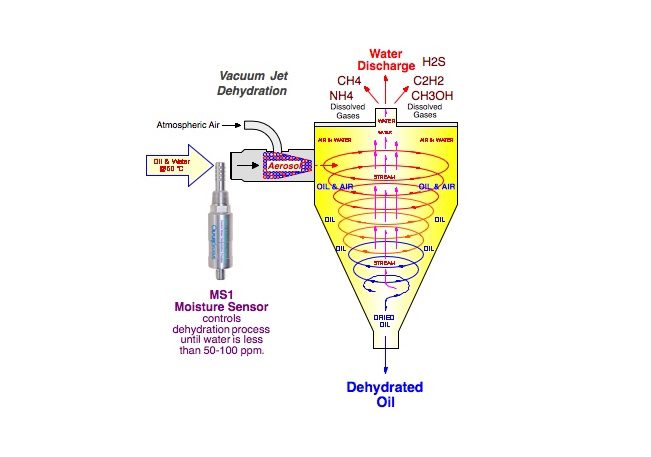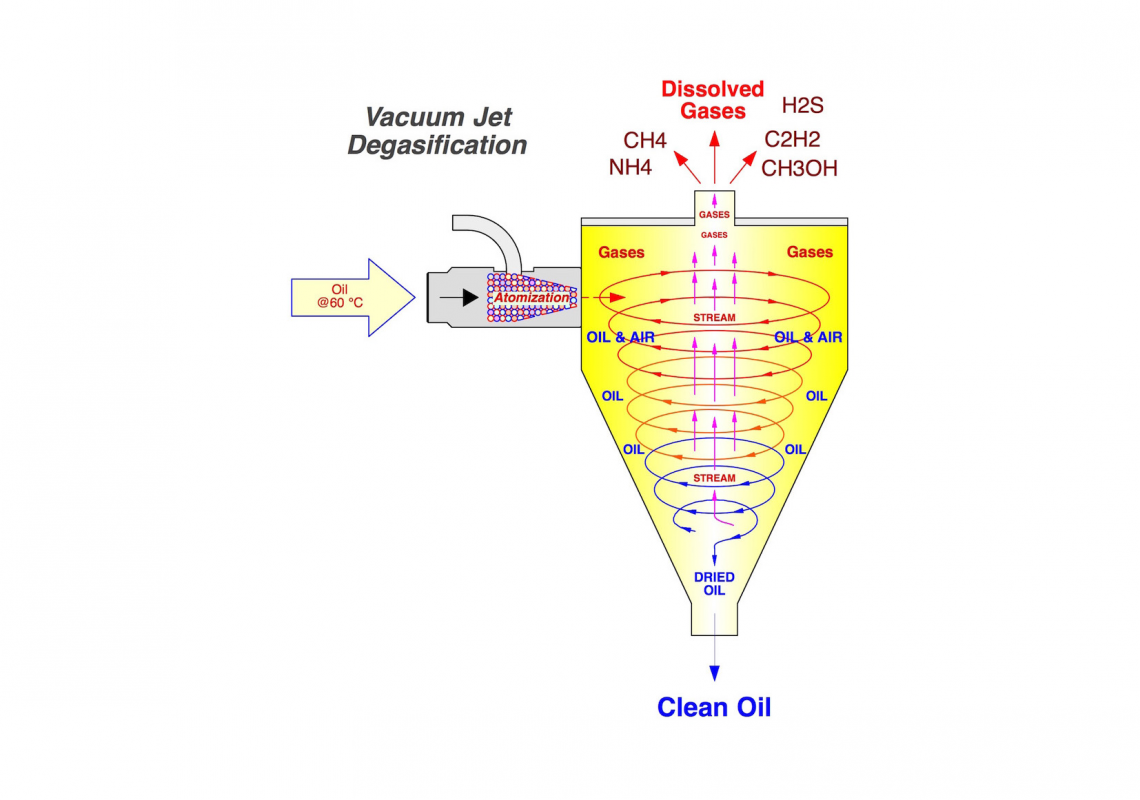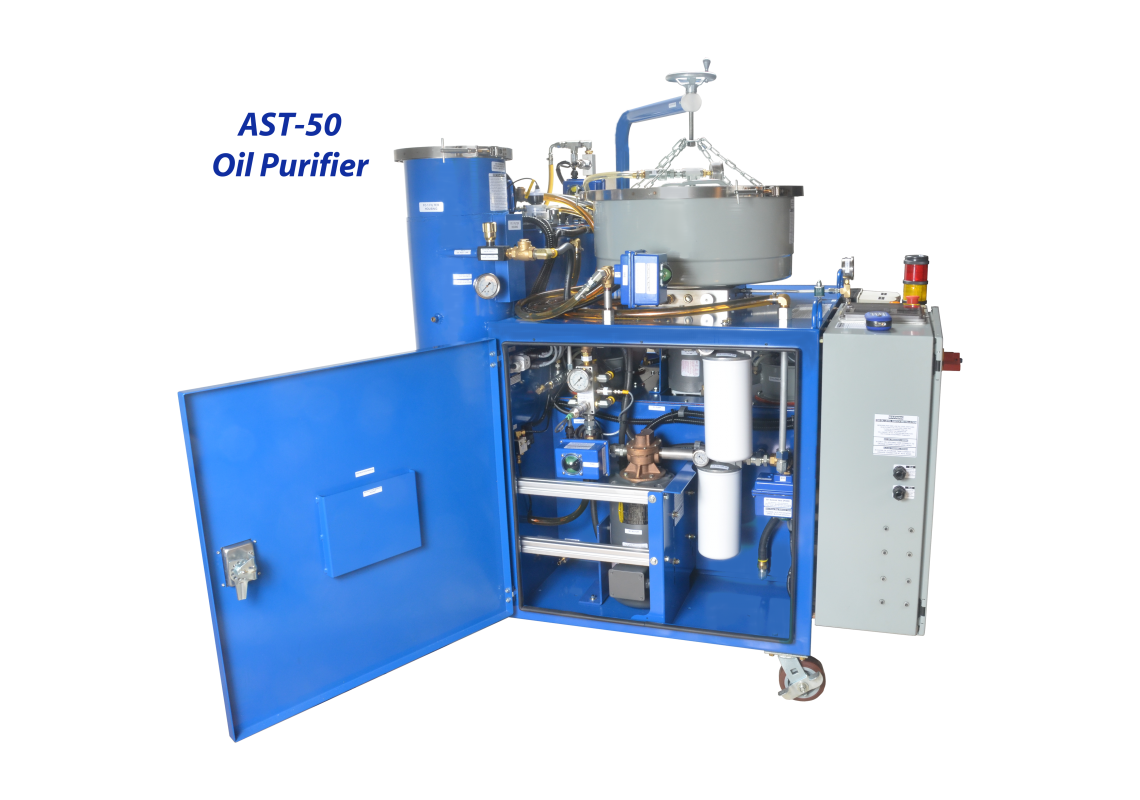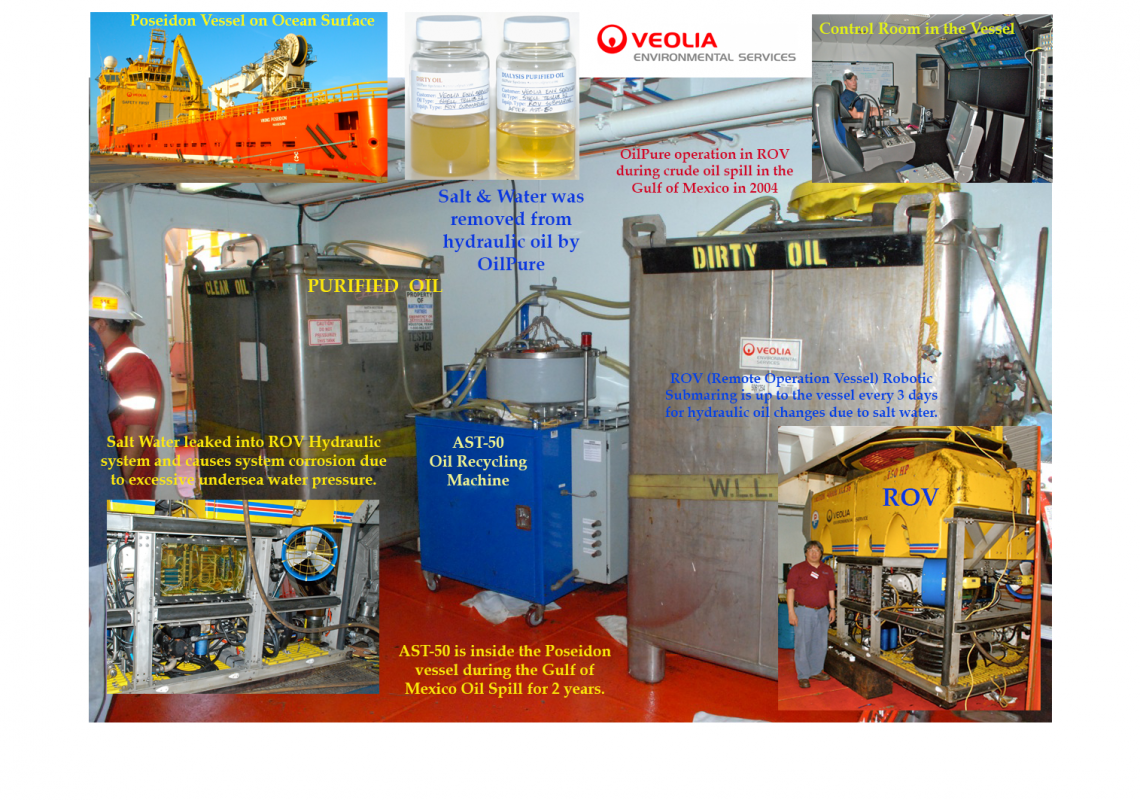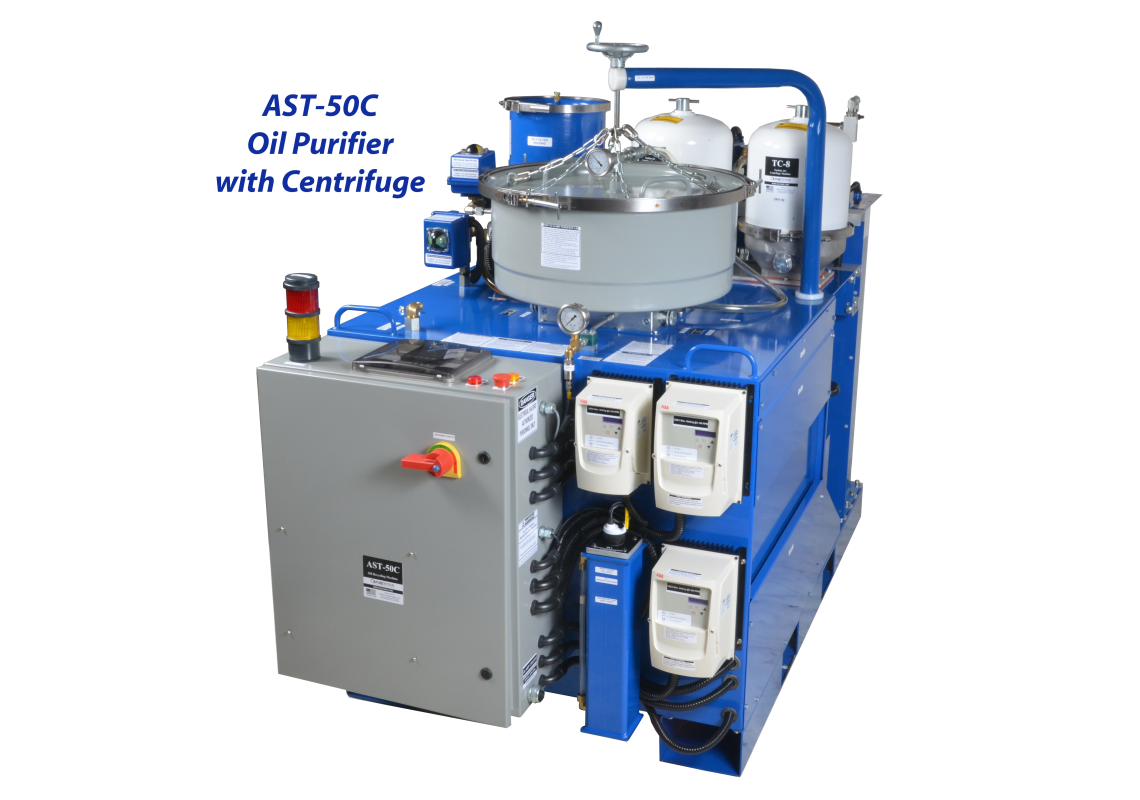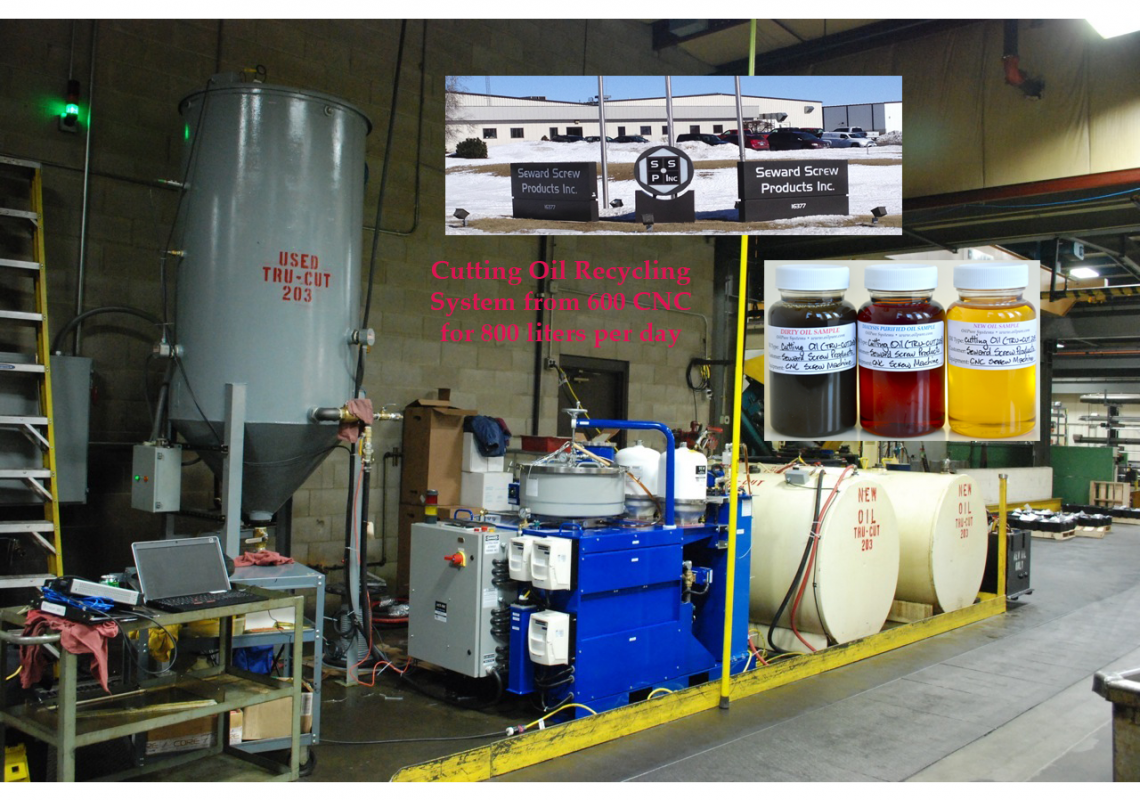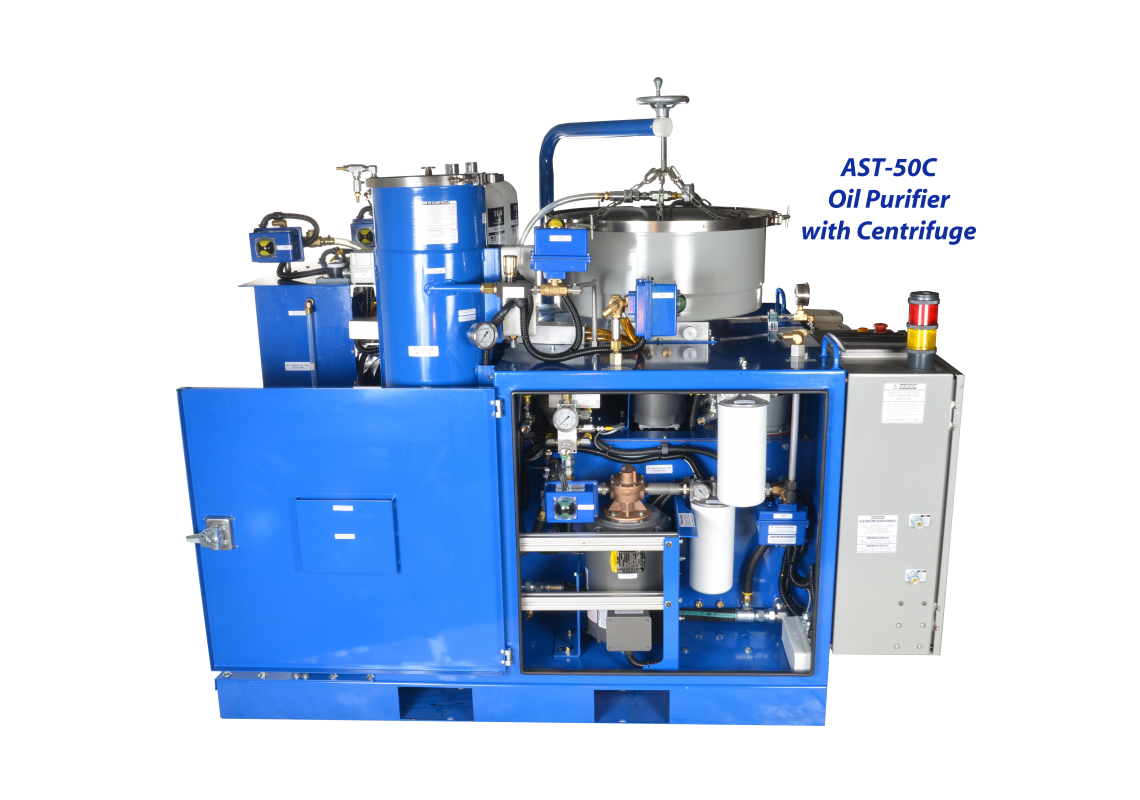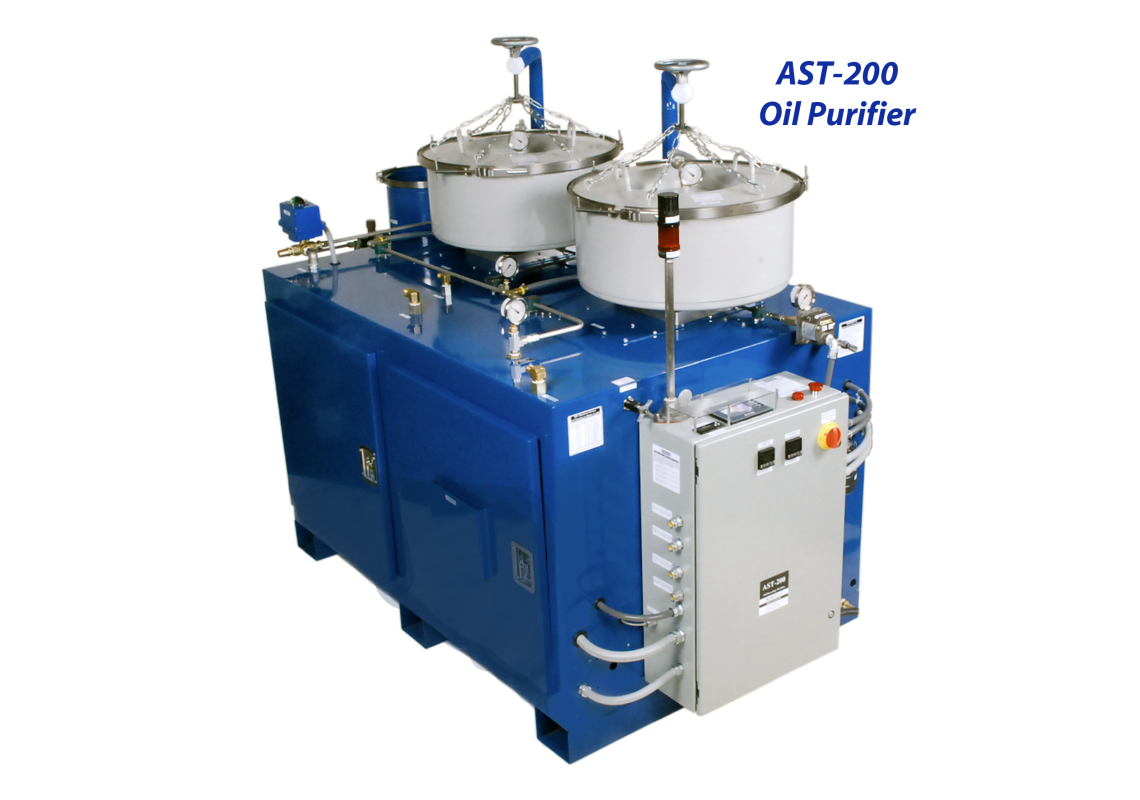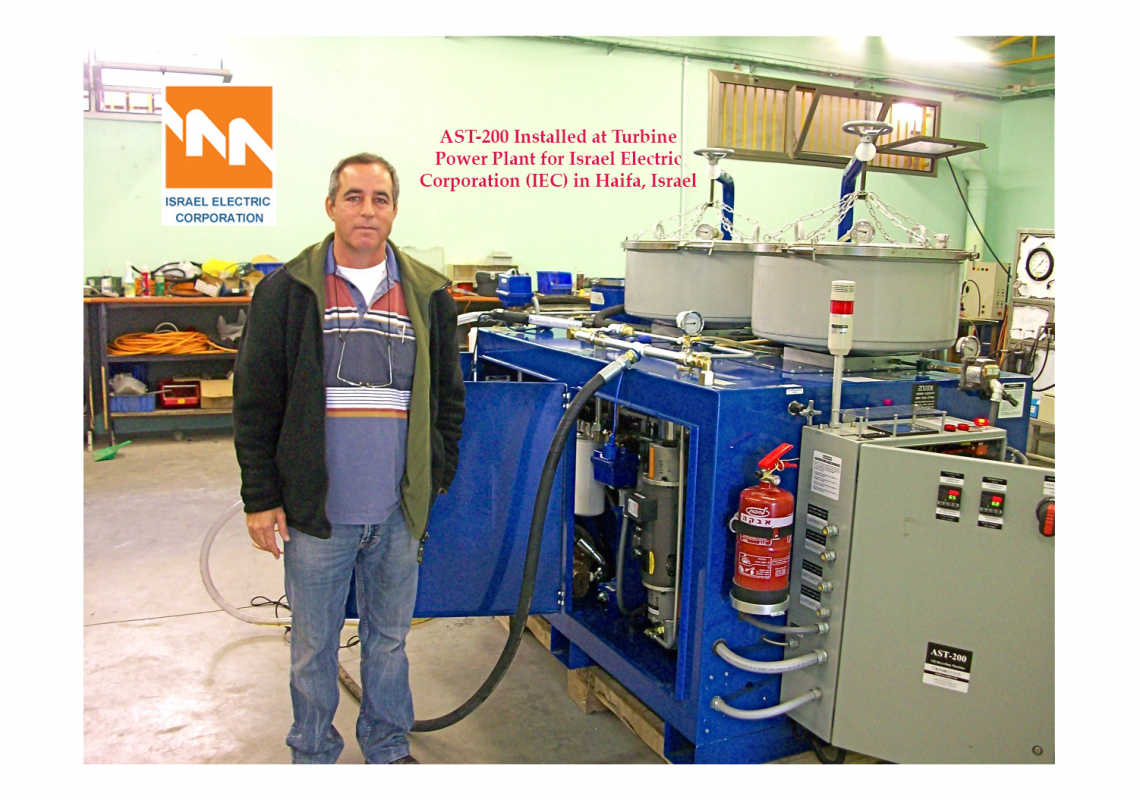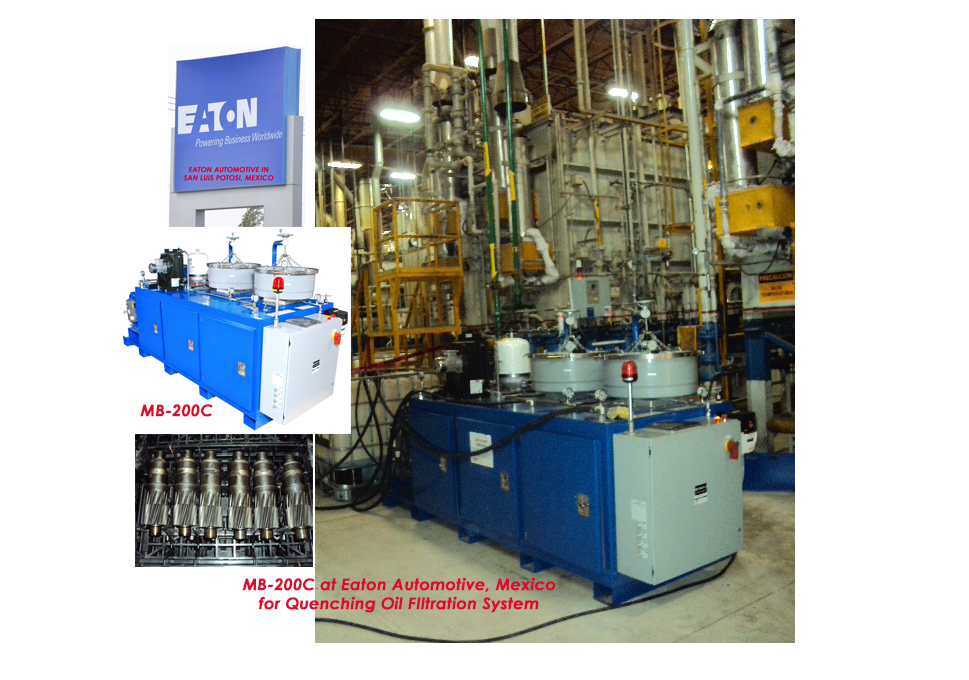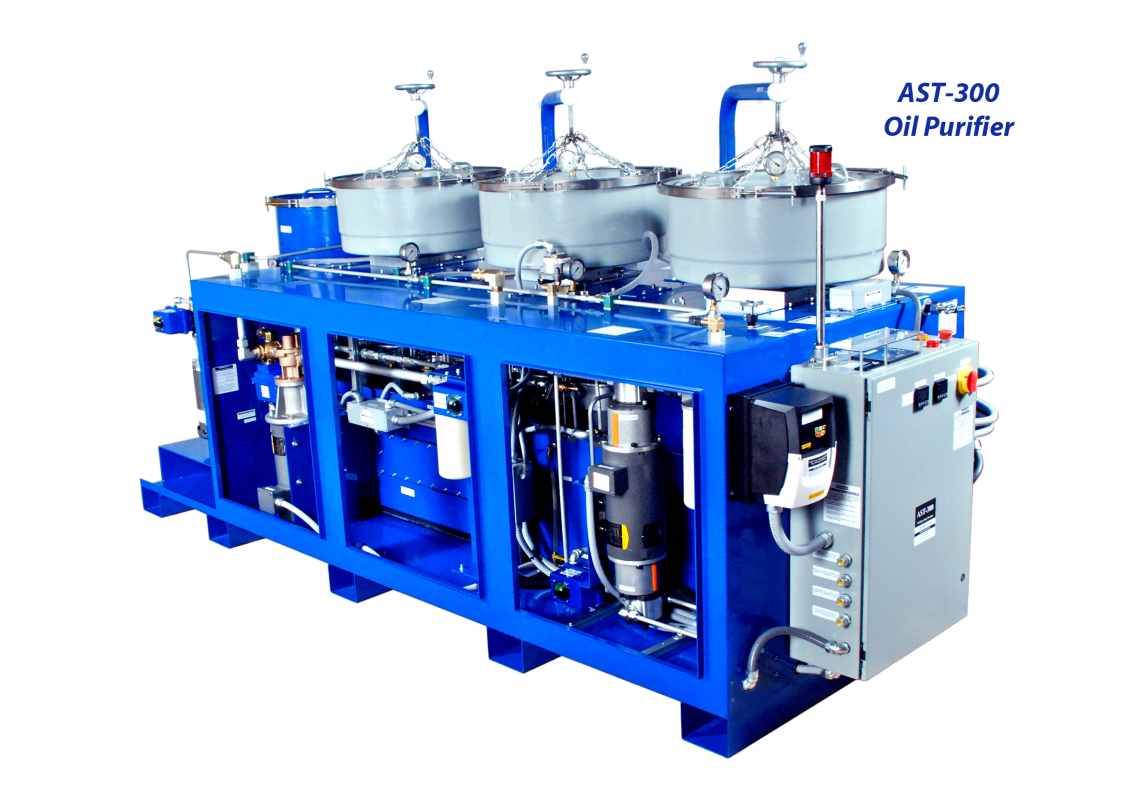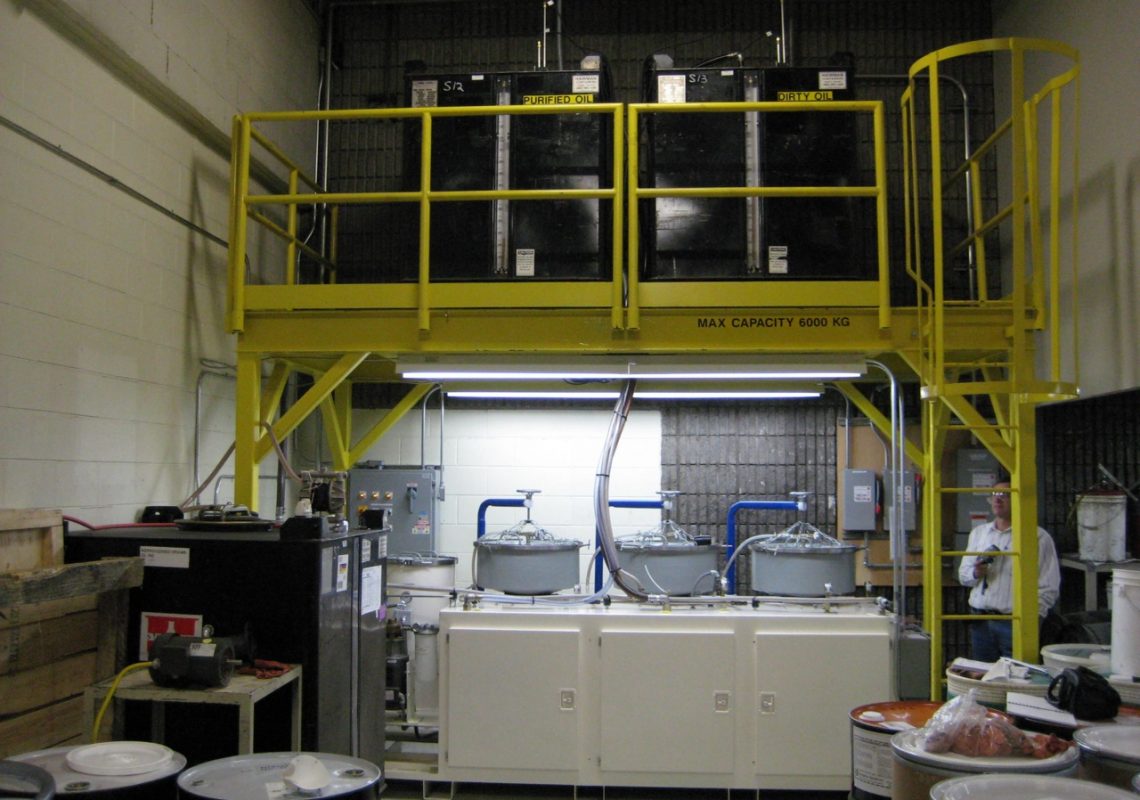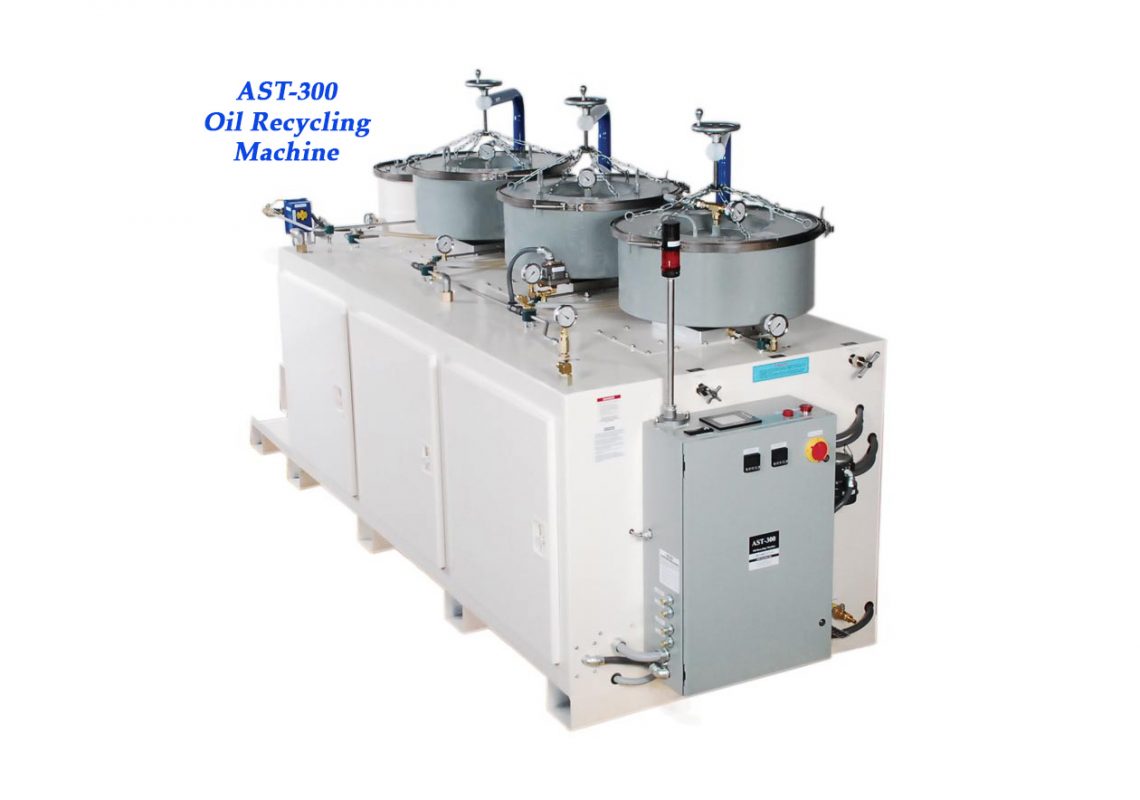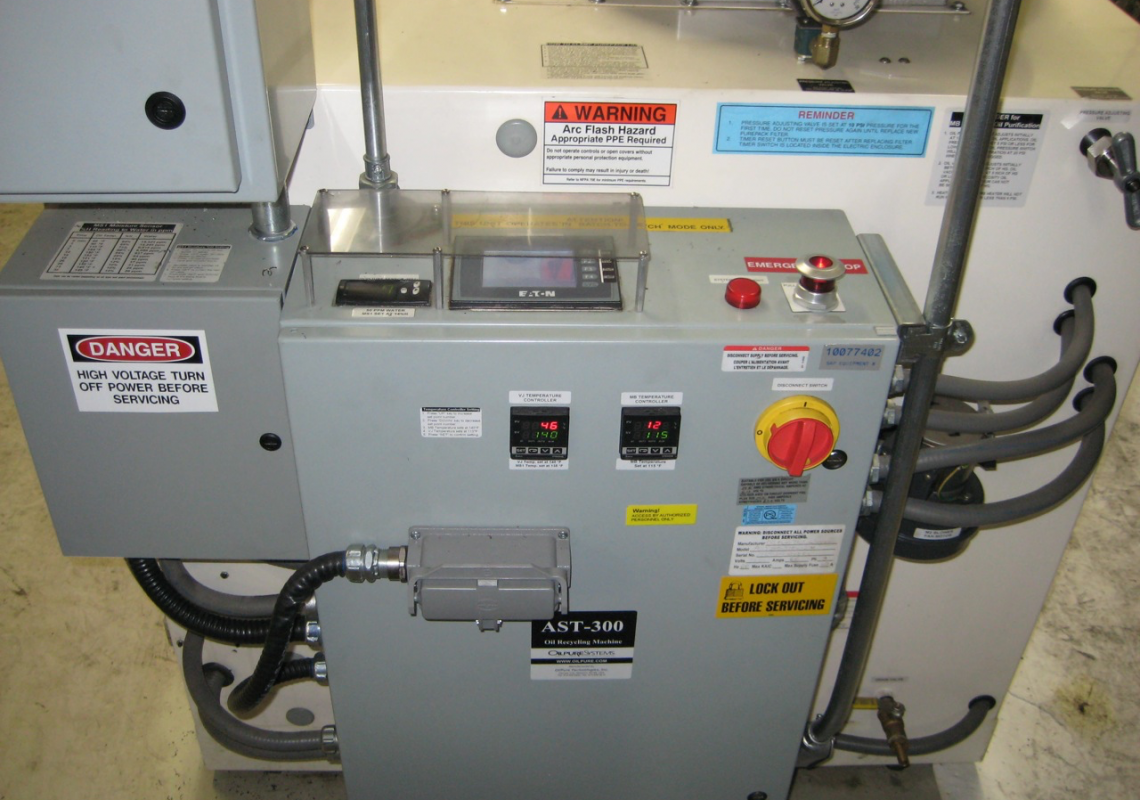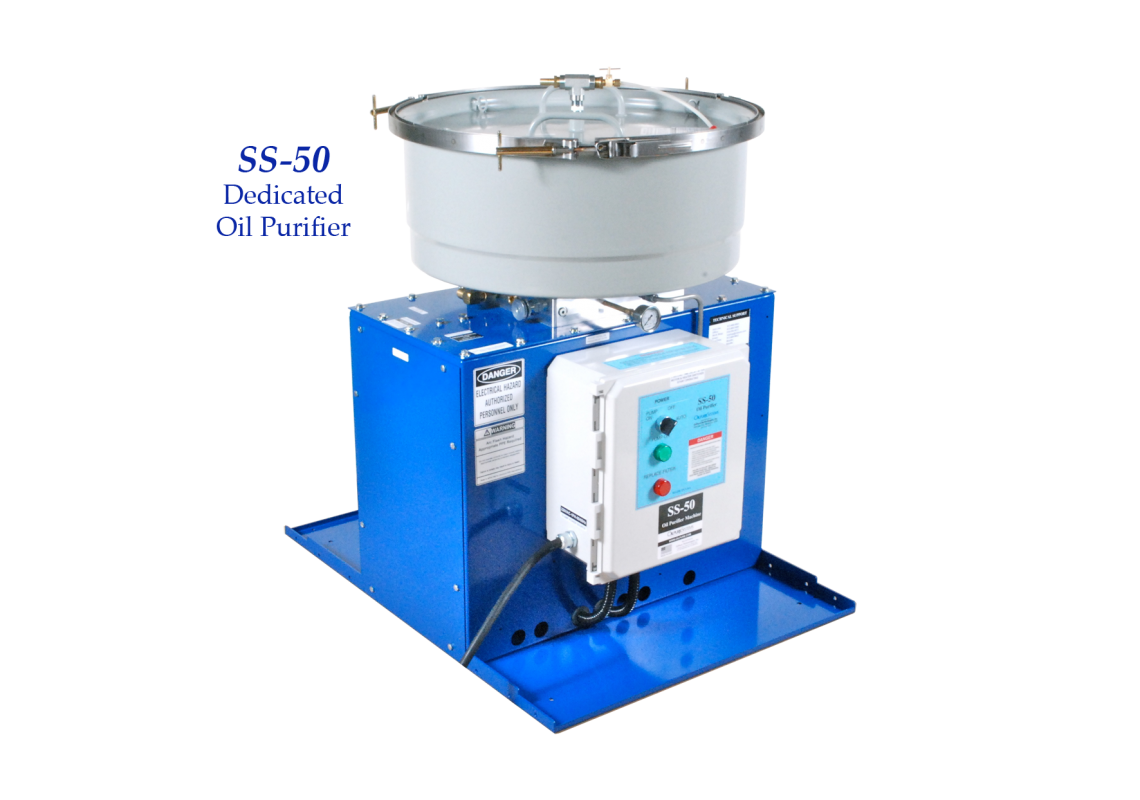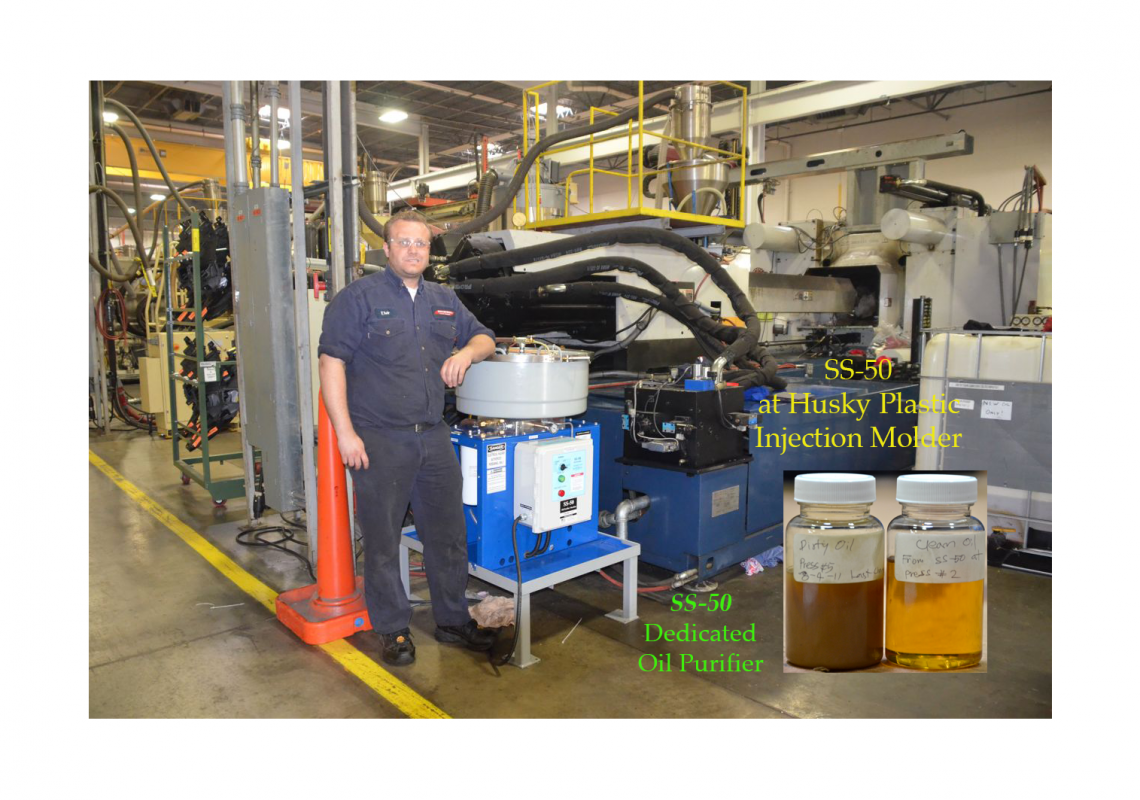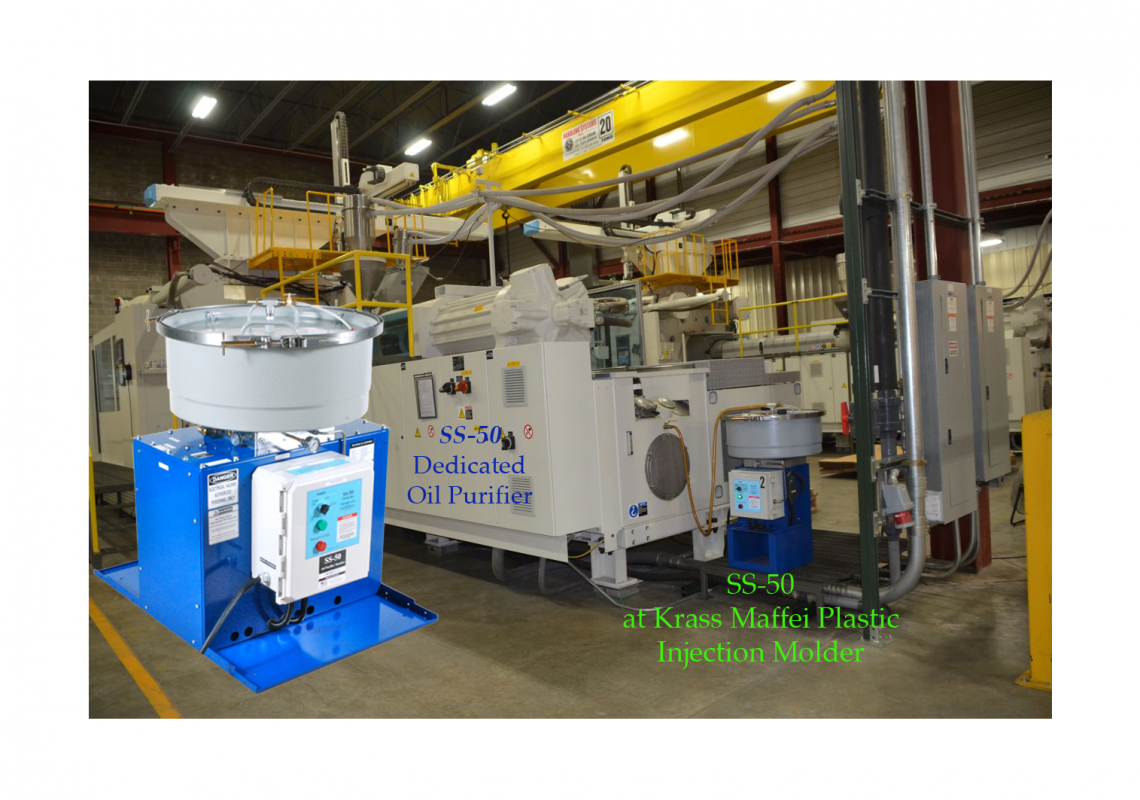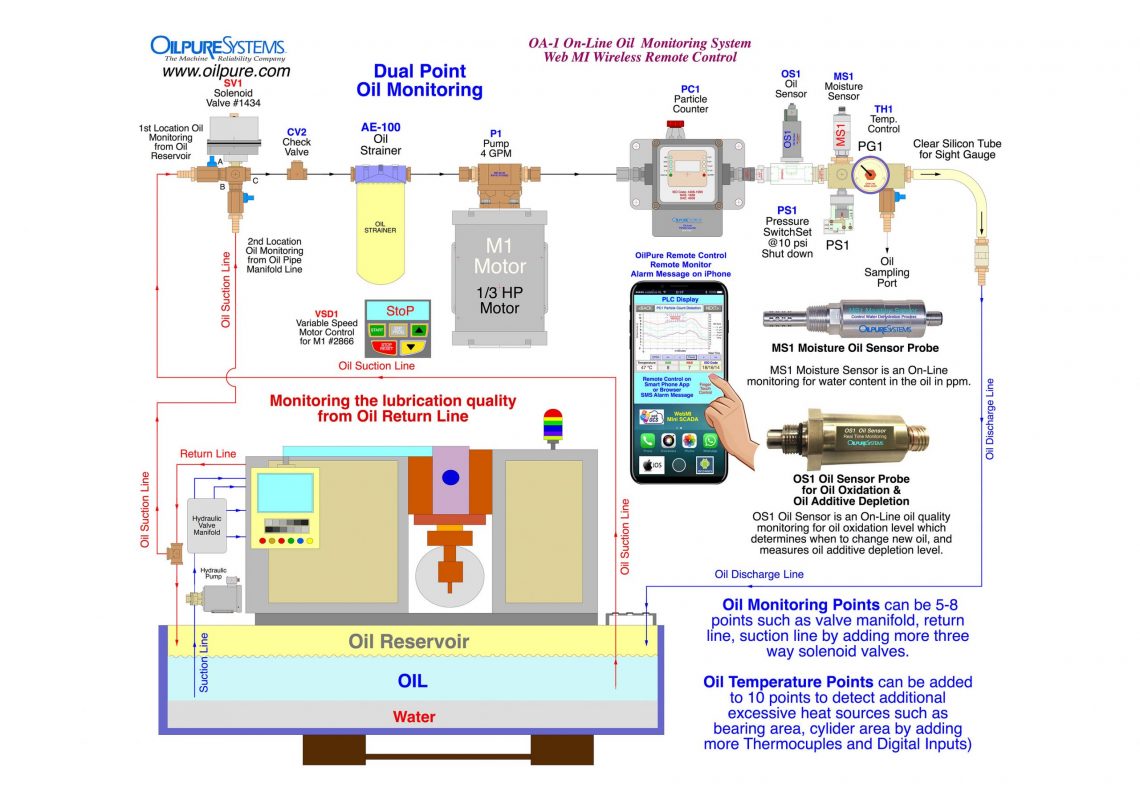2.1.8 Failure of Cellulose Packed Disc Filter

This cellulose packed disc filter is originated from CUNO Filter about 60 years ago. CUNO Filter was bought out and become a different company today. This Cellulose filtration technology has been around long time ago. There is nothing new in this technology.
Several companies such as CC Jensen, Hydac, Como Filter, SKF RecondOil etc. have replicated the same know-how which has been originated from CUNO Filter.



Cellulose [(C6H10O5)n] is an organic compound with abundant BioPolymer. It is a complex carbohydrate or polysaccharide consisting of hundreds to thousand of glucose molecules linked to form a straight chain polymer. Cellulose is the main structure molecule in the cell walls of plant and algae. Cellulose has a long enmeshed fiber in a lignin matrix having high tensile strength. Cellulose is Hydrophilic that attracts to water molecules and tends to be dissolved by water.



There are several type of Cellulose such as Alpha Cellulose, Beta Cellulose, Gamma Cellulose etc. This type of cellulose filter material is believed to be made of Gamma Cellulose having soluble alkali fraction so it becomes higher density while other Toilet Paper Filter is made of Alpha Cellulose and easier to degrade.




This type of cellulose filter is popular because of its high density cellulose packed on a disc. There are several disc stacked on top that allow more surface area to increase more Dirt Holding Capacity. This cellulose filter is able to remove smaller solid particle than other typical cellulose filters and better Low Particle Retention. It can filter solid particle smaller than 10 micron as compared to other cellulose filters.
Faulty claims from this cellulose packed disc filter which is unable to achieve. Here is why:
- Remove Oil Oxidation & Reduce Oil Acidity (Total Acid Number)
- Cellulose is unable to effectively remove oil oxidation and /or reduce Total Acid Number (TAN) value from used lubricants. Just some of acid sludge was filtered by the cellulose, affecting the small drop in TAN or acidic value. But not capable of removing acids from the oil as claimed.
- Cellulose is not capable of chemical bonding to polymers such as oxidation by products or acidity which is occurred by chemical reaction, not physical action.
- Cellulose only reacts to oil contamination on the physical barrier, but has no chemical reaction capability to pull out acids such as Carboxylic acid and Lewis Acids (Having Hydrogen molecule inside) from oil. This is a faulty claim on acid removal.
- This Polymer or Oxidation by products or Varnish (not the Acid) become dissolved in the oil temperature over 160 °F (71 °C), Polymers become Wax products dissolving in the oil which is unable to physically be filtered out from oil by Physical Barrier Filter.
- However when the oil temperature is less than 100 °F (38 °C), about 10%-20% of Polymer becomes thickening as Wax and can be easily filtered out by physical barrier filter such as cellulose paper. Not all Polymer will be filtered or removed by physical barrier filter. It is only half truth that Toilet Paper filter can remove Oil Oxidation, Varnish and Acidity in the oil.
- Some oil testing shows small TAN reduction by Cellulose Packed Disc Filter because the sludge in the oil is trapped in the cellulose media. This sludge has acidic value. When this acidic sludge is removed from oil, oil acidity can decrease slightly. But not enough to chemically counteract or neutralize the acid molecule in the oil.
- Remove Dissolved Water or Free Water
- By nature cellulose can absorb water and hold inside the cellulose structure. This disc paper filter does not have enough surface area to withhold water. SO it is not design to remove water from oil.
- Reclaimed Oil can be Reused Forever
- Effectively removing solid particle can not extend the oil life very long as advertised. Because it can not remove water and truly oil acidity from oil, soon lubrication will deteriorate and depleting the oil additives.
The above information is based on our experiences with users and their comments who wishes the manufacturer can improve their products. Please review with good discretion.
- Contact Information – OilPure Technologies, Inc.:
- P.O. Box 483976 • Kansas City • Missouri 64148 • USA • LINE ID: oilpure
- Tel: 913-906-0400 • Mobile: 913-522-0272 • WhatsApp: 1-913-522-0272 for International call
© Copyright, August , 2021
Document and information in this website is a proprietary information belonging to OilPure and is not allowed to reveal to public without OilPure consent.
